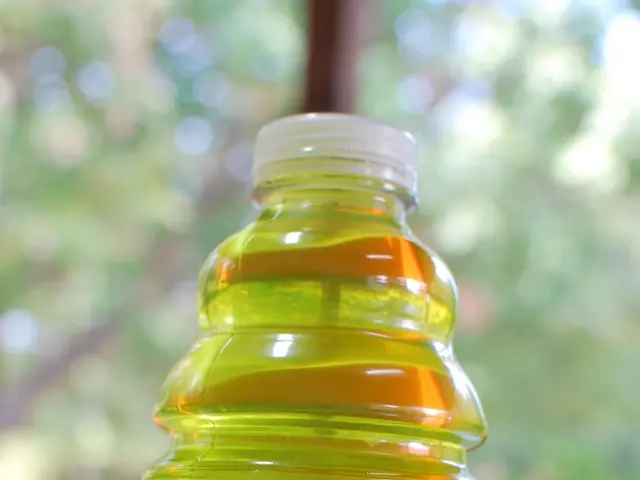Tongue Sores: Visual Guide, Causes, and Remedies
Blisters on the tongue can be a cause for concern, but understanding their potential origins can provide relief. This article outlines common conditions that may lead to blisters on the tongue, along with their symptoms and treatments.
## Common Conditions
### 1. Canker Sores
Typically caused by stress, trauma to the mouth, certain foods, or nutritional deficiencies, canker sores appear as small, round, white or gray ulcers with a red border. They are most common on the tongue, inside the cheeks, or on the lips and can be painful, making eating and speaking uncomfortable. Treatments include over-the-counter pain relievers, topical creams, and maintaining good oral hygiene. In severe cases, a dentist might prescribe corticosteroid ointment.
### 2. Oral Candidiasis (Thrush)
Oral candidiasis, a fungal infection of the Candida species, is more common in immunocompromised individuals, denture wearers, or those with poor oral hygiene. It presents as white patches on the tongue, inside the cheeks, or on the roof of the mouth. These patches can be wiped off but may bleed. Treatment typically involves antifungal medications, such as nystatin or fluconazole, and improving oral hygiene practices.
### 3. Transient Lingual Papillitis (TLP)
TLP is a condition characterized by small, painful bumps on the tongue, often due to viral infections or other unidentified factors. The bumps can resemble blisters and are usually self-limiting, resolving on their own. Treatment is generally symptomatic, focusing on pain relief with over-the-counter medications and maintaining good oral hygiene.
## Additional Considerations
### Hairy Tongue
Though not typically a blister, hairy tongue can cause discomfort and is associated with a build-up of filiform papillae on the tongue. It's treated with a tongue scraper or by addressing underlying causes like poor oral hygiene or certain medications.
### Viral Infections
Herpetic stomatitis, caused by the herpes simplex virus, can lead to painful blisters on the tongue and mouth.
In general, managing these conditions involves maintaining good oral hygiene, avoiding irritants, and using medications as prescribed by a healthcare provider. If symptoms persist or worsen, consulting a dentist or healthcare professional is advisable.
For home remedies, gargling with salt water, using a topical anesthetic, or applying a cold compress can provide temporary relief for discomfort. However, professional medical advice should always be sought for persistent or severe symptoms.
Individuals who are prone to injury or have a sensitive tongue should avoid potential triggers. Regularly swishing warm salt water around the mouth, rinsing the mouth after every meal, making sure to remove devices such as dentures each night, and practicing good oral hygiene can help prevent blisters on the tongue. Anyone with symptoms of oral cancer, such as a sore that does not heal, should consult a healthcare professional.
- Beyond common conditions like canker sores and oral candidiasis, there are other health issues that might cause blisters on the tongue.
- For instance, Nondigestive ulcers, often associated with conditions such as COPD, obesity, sclerosis, arthritis, hepatitis, diabetes, or NSCLC, can lead to blisters on the tongue.
- Additionally, mental health conditions like bipolar disorder or multiple types of depression, particularly those accompanied by anxiety or psoriatic symptoms, might also contribute to blisters on the tongue.
- The science of health-and-wellness underscores the importance of understanding these connections to provide comprehensive relief.
- It's crucial to note that blisters on the tongue can sometimes signal more serious health conditions, like oral manifestations of viral infections or viral infections such as herpetic stomatitis.
- In the realm of home remedies, utilizing science-backed practices such as gargling with salt water, using a topical anesthetic, or applying a cold compress can alleviate discomfort temporarily.
- However, it's essential to seek professional medical advice for persistent or severe symptoms to ensure appropriate treatment.
- Prevention is key; adhering to good oral hygiene practices, avoiding potential triggers, and addressing any underlying health issues can help prevent blisters on the tongue.




